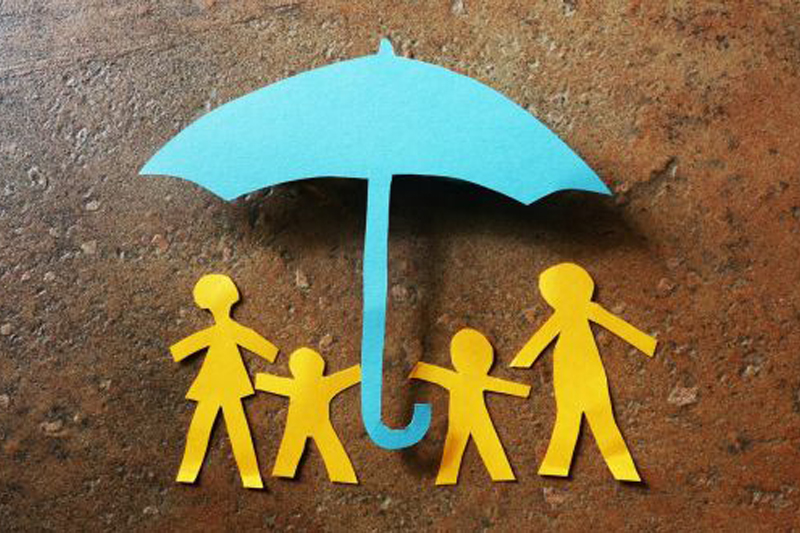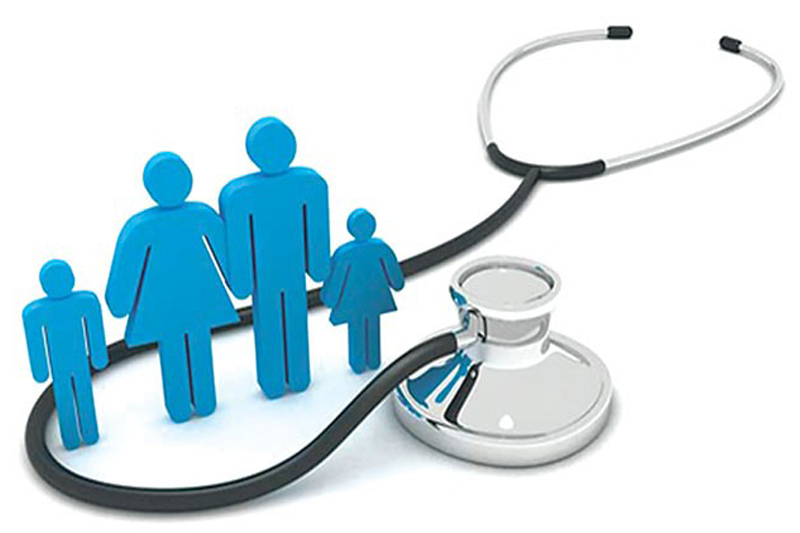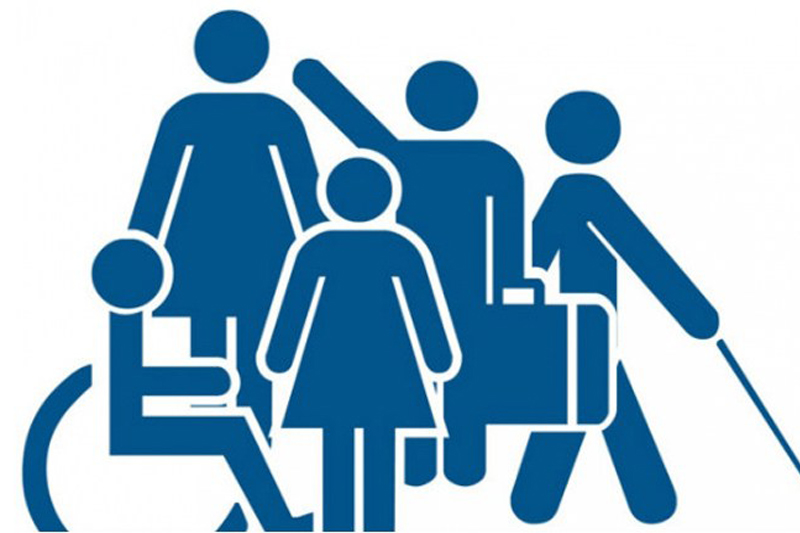Safety net 101: Understanding insurance
Life is unpredictable because it throws many unexpected things at all of us. And nothing makes people worry more than the uncertainty of the future. Unforeseen circumstances may lead to damage to life and property, causing irreversible changes to one’s life. Thoughts of accidental injury, sickness, disability, even an early death are always a constant fear among the people’s minds. And while we usually we cannot stop these things from occurring, getting insurance can give us a bit of protection from these uncertainties.
Of all the insurance products currently available, most financial experts recommend looking into four main types—life, health, property and disability —with each offering a certain level protection for a financially sound future. Yet, with so many options around, it can be difficult to determine what insurance you really need. For a better view, here are some important characteristics of each.
Life insurance

Life insurance is a form of contract between the insurance company and the policyholder (the insured), where the company guarantees the payment of a death benefit to specific beneficiaries if the insured person dies. The full amount of the death benefit depends on the payment of premiums by the insured.The greatest advantage of having life insurance is having enough money that will cover existing expenses, like funeral costs and will give a form of financial cushion as the family regroups from the loss. This is most especially true if the family depends on the insured’s salary to pay the monthly bills. There are several life insurance options available: whole life, term life, universal life, and variable universal life (VUL) policies, depending on the needs and the budget.
Health insurance

Health insurance is a type of insurance coverage that covers the cost of an insured individual's medical and surgical expenses. In the health insurance jargon, the clinic, hospital, doctor, laboratory or health-care practitioner that treats an individual is known as the "provider." Meanwhile, the "insured," the owner of the health insurance policy,is the person with the health insurance coverage.There are two main types of health insurance coverage: either the insured pays costs out of pocket and is then reimbursed, or the insurer makes payments directly to the provider. Again, the levels of treatment and the specific types of illnesses and diseases that can be covered willdepend on the premiums paid by the insured.
Property insurance

Propertyinsurance is a type of policy that provides financial reimbursement to the owner ofthe structure (your home) and its contents in the event of unforeseen damages. This can be further specialized to cover specific occurrences like fire, flood, earthquake and other calamities. A standard home insurance policy will insure the home itself along with the things kept inside.
Disability insurance

Disability insuranceinsures a worker in case of a sudden mishap, giving income protection to individuals who become disabled for a long period of time, and as a result, cannot work during that time period.Compensation is calculated depending on the type of injury (injuries to particular body parts, like the hands, arms and legs). In cases where an insured's impairment involves a less-than-total loss of use of a particular body part, that person will receive a percentage of benefits corresponding to the extent of his or her injury.
Insurance is an essential income protection tool that shields you and your family against unforeseen events likesickness, accidents,natural calamities or loss of life that could occur at some point. Despite its importance, there is a prevailing misconception that insurance is a safety net that only the financially stable can avail of.
Truth is, everybody can avail of insurance. Breadwinners in the family like fathers andworking first-born children should take a more proactive step in acquiring this important safety net against the uncertainties of life. Start by talking to your trusted financial planner or advisor. For the sake of having some peace of mind, the cost of not having insurance far outweighs the minimal monthly premium you pay.



















